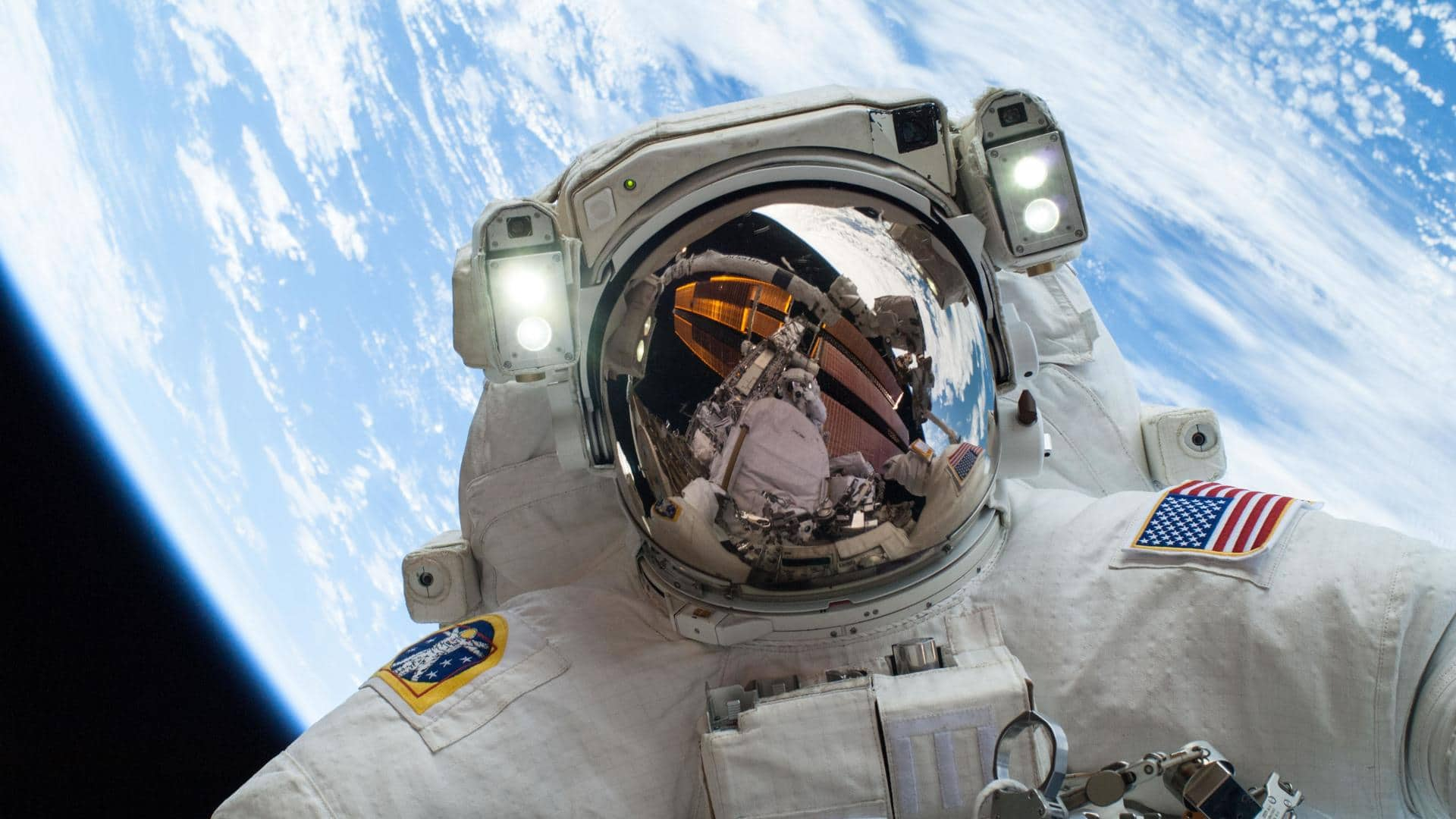
Space trips mess with human brains: Study
What's the story
A new study, backed by NASA, shows that long space travel takes a toll on astronauts' brains. The study finds that astronauts who traveled to the International Space Station (ISS) and on space missions for a period of at least six months, showed significant expansion of the cerebral ventricles, which are cavities located at the center of the brain and contain cerebrospinal fluid.
Context
Why does this story matter?
It has been known that space travel has an effect on humans and the latest study gives deeper insights into the matter. Given that year-long missions are being planned to Mars, such research is imperative in understanding the impact of space travel on human health. The findings could come into play while organizing future missions to space.
Study
Space travel causes cerebral ventricles to expand up to 25%
Cerebrospinal fluid runs in and around the brain and spinal cord. It provides nourishment to the brain, protects from sudden shocks, and removes waste products. The new study shows that spaceflight-related changes cause the cerebral ventricles in brains to expand up to 25%. The low-gravity conditions in space cause the human brain to shift upward in the skull, making the ventricles expand.
Official words
'If ventricles don't recover, brain may not cope with microgravity'
"If the ventricles don't have sufficient time to recover between back-to-back missions, this may impact the brain's ability to cope with fluid shifts in microgravity," said Heather McGregor, from the University of Florida. "For example, if the ventricles are already enlarged from a previous mission, they may be less compliant and/or have less space to expand and accommodate fluid shifts during the next mission."
Process
The study involved a total of 30 astronauts
The study involved 23 male and seven female astronauts from the Canadian, US, and European space agencies. The average age of the group was around 47. Of the lot, 18 were part of missions to the ISS for a duration of roughly six months and four were on ISS missions lasting about a year. Eight traveled on space shuttle missions lasting about two weeks.
Impact
Little to no changes occurred in astronauts after short missions
The team discovered that ventricular expansion occurred in astronauts who were part of space missions lasting six months or longer. However, there was no difference in those who were in space for six months compared to those who spent a year in space. Minimal to almost no changes in cerebral ventricles were reported for the astronauts who flew on short space missions.
Implications
'Majority of ventricular enlargement happens during first six months'
"This suggests that the majority of ventricle enlargement happens during the first six months in space, then begins to taper off around the one-year mark," said McGregor. The fact that enlargement did not exacerbate after six months may be good news for people interested in short space tourism trips and for astronauts on future Mars missions, where they would spend considerable time in space.
Issues
Researchers want to study long-term effects of spaceflight on humans
The findings of the recent study may influence how future space missions are planned. Researchers intend to carry out further studies examining the long-term effects of spaceflight on astronauts' health. Microgravity conditions in space can also have other impacts like muscle atrophy, cardiovascular changes, vision, and balance problems. Another big concern is that exposure to space radiation can increase the risk of cancer.